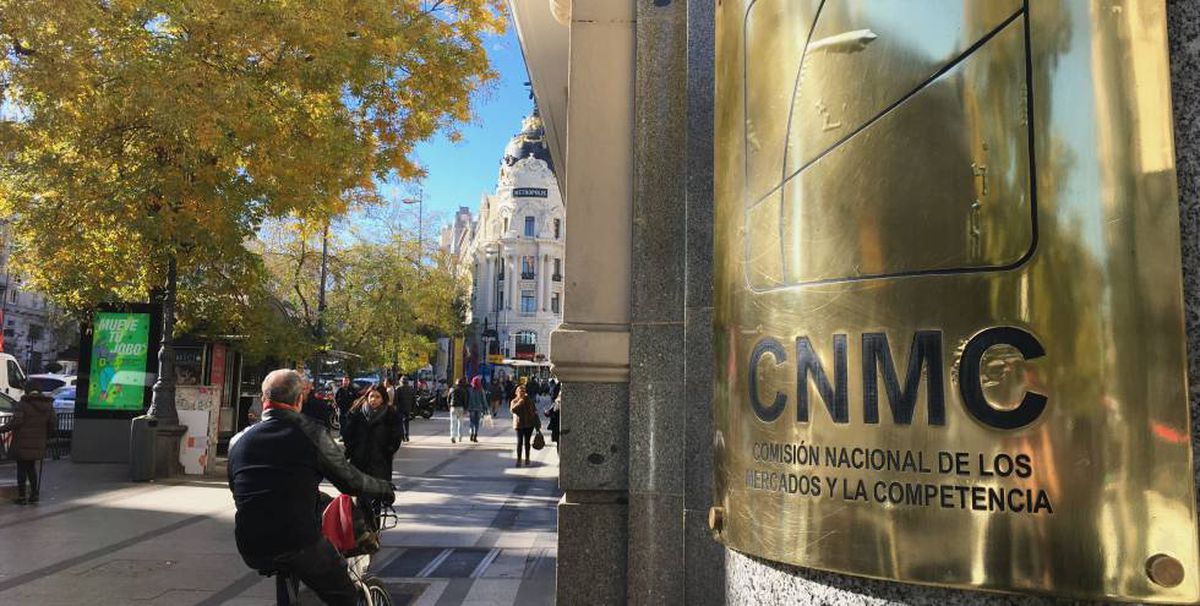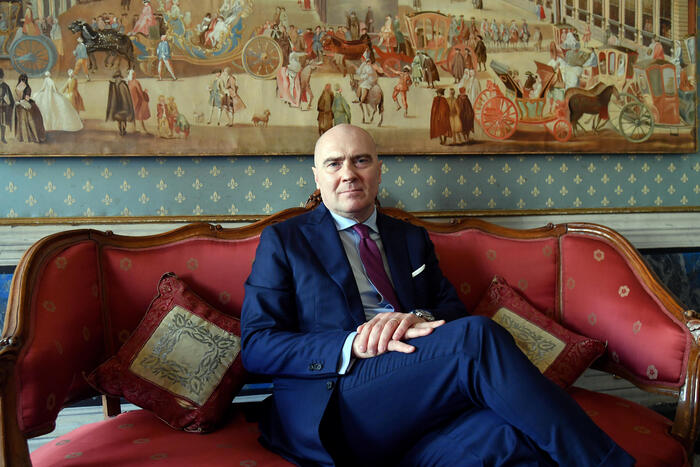The National Commission for Markets and Competition (CNMC) has imposed a fine of 10.25 million euros in Spain on the pharmaceutical laboratory Leadiant Biosciences, which multiplied the price of a medicine called chenodeoxycholic acid (CDCA) by 1,000.
The company took advantage of the monopoly position it had achieved in Europe, as it was the only available treatment against a rare disease, cerebrotendinous xanthomatosis.
In reality, this medicine had been on the market for more than 30 years and its price was very cheap (14 cents per pill before 2011).
But Leadiant maneuvered throughout Europe, first, to end up being the only manufacturer.
After achieving this, he began to apply price increases and successfully applied for the declaration of chenodeoxycholic acid as an orphan drug by the European Commission, which granted him exclusivity in marketing for a decade.
This is one of the measures provided for by European regulations to promote research against rare diseases, which are those that affect less than one in 2,000 people.
According to the CNMC, “the company has abused its position of dominance as the owner of the only drug available in Spain” and “since 2007 devised a strategy consisting of acquiring the exclusivity of CDCA-based drugs;
withdraw from the Spanish market the drug with CDCA that it had been marketing since 2010 (Xenbilox) and reformulate it to later be able to launch it on the market as an orphan drug with a different brand name (CDCA-Leadiant)”.
After successive price increases, which had already managed to skyrocket the cost of the drug box from less than 6.96 euros to more than 984, Leadiant "imposed on the National Health System" a new increase that multiplied the price by 14 times more for public health, up to 14,618 euros per container.
This triggered the annual cost of the drug per patient to more than 153,000 euros.
Cerebrotendinous xanthomatosis presents as a neurological disorder that can be fatal without treatment.
Patients must take three pills a day for their entire lives.
According to the data collected by the CNMC, in Spain there are about 50 patients who suffer from this ailment.
Fines in various countries
The CNMC investigation had its origin in a letter from the Ministry of Health, together with a complaint from the Organization of Consumers and Users (OCU) for a possible abuse of a dominant position by Leadiant.
Both complainants pointed out that the price of CDCA-Leadiant was more than 1,000 times higher than that of CDCA drugs used until 2008 to treat the disease.
The Spanish authorities have maintained contact during the investigations with the authorities of other countries, such as Italy, Germany and the United Kingdom, who have shared "documents collected during home inspections carried out at Leadiant group companies."
Before Spain, the Netherlands and Italy had already sanctioned Leadiant for the same reasons with 19.1 and 3.5 million euros, respectively.
The company is headquartered in the Italian city of Pomezia (near Rome).
The sanction of the CNMC is produced by the commission of abusive practices prohibited by the Law for the Defense of Competition and the EU treaties, consisting of excluding competitors from the market and imposing excessive prices, significantly higher than those that would have existed in the absence of its abuse.
To achieve exclusivity in the market, Leadiant carried out a series of actions combining lawful behavior —such as obtaining orphan drug designation with the corresponding marketing authorization— and anti-competitive practices.
Among the latter, it stands out that it maintained an exclusivity clause with the only supplier of the active ingredient authorized to supply CDCA in sufficient quantities and quality.
This prevented the appearance of alternative medicines, both industrial and in the form of master formulas.
Regarding the sale prices of the medicine in Spain, as of 2017 the CNMC concludes that they have an abusive nature based on their disproportionate and inequitable nature, requirements for the price applied by a dominant operator to be considered contrary to the regulations of competition.









